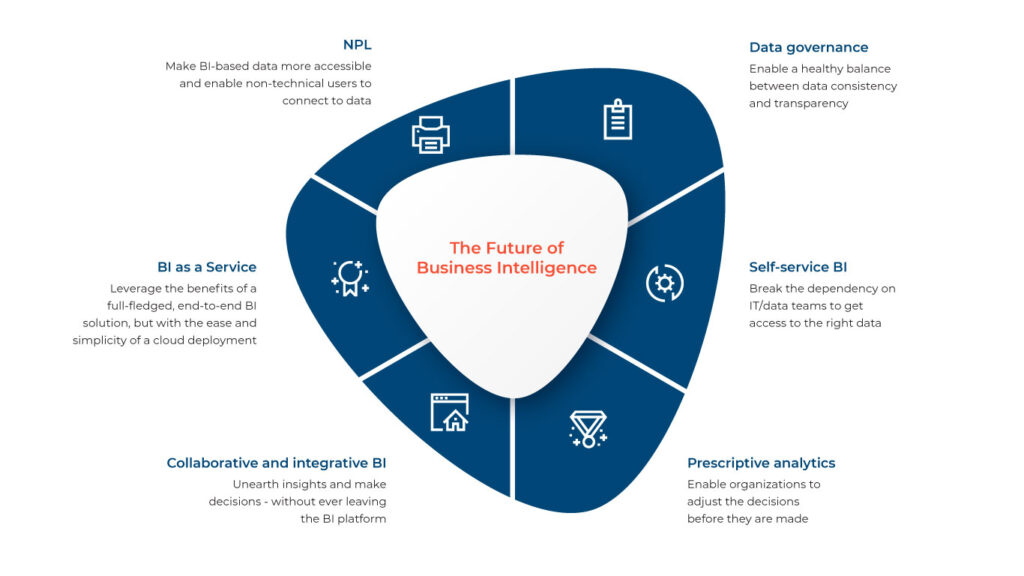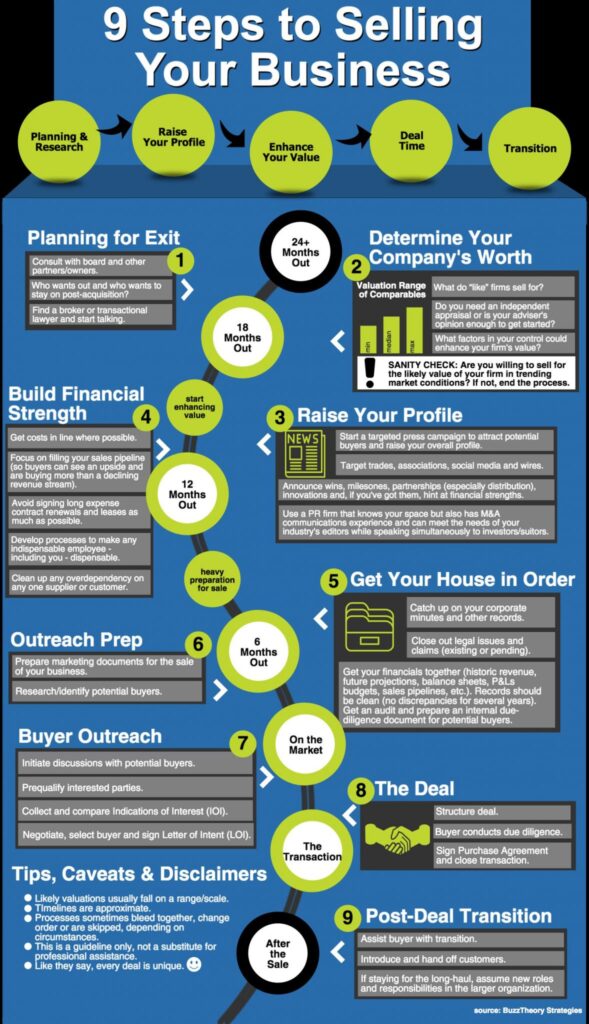Business intelligence and business analytics are two essential tools that organizations utilize to make informed decisions. These tools provide a deep insight into the business operations, allowing companies to make decisions based on data, rather than on intuition or guesswork. In today’s fast-paced and competitive business environment, it’s crucial to have a thorough understanding of these concepts and how they support decision-making.
Business intelligence refers to the process of collecting, analyzing, and presenting data to help decision-makers understand the current state of the business. On the other hand, business analytics is the process of using data to identify patterns and trends, which can help predict future outcomes. When combined, these two concepts can help organizations make data-driven decisions that lead to better outcomes. In this article, we will examine how business intelligence and business analytics support decision-making and the benefits they offer to organizations.
Business Intelligence and Business Analytics: How Do They Support Decision Making?
Business intelligence (BI) and business analytics (BA) are two of the most powerful tools available to today’s decision makers. By leveraging data-driven insights, these tools enable businesses to make informed decisions that can lead to increased profits and improved efficiency. In this article, we’ll discuss how BI and BA support decision making and how they can be used to make informed decisions.
What is Business Intelligence?
Business intelligence is the process of leveraging data to gain insights and make strategic decisions. BI tools allow users to access and analyze data from multiple sources, including databases, internal systems, and external sources. This data can be used to generate reports, dashboards, and other visualizations that can provide insights into the performance of a business. BI can also be used to forecast and predict trends, identify opportunities and risks, and develop strategies for future success.
What is Business Analytics?
Business analytics is the process of using data to analyze past performance and identify trends and patterns. BA tools allow users to access and analyze large amounts of data to identify trends and patterns that can be used to make informed decisions. BA can also be used to develop predictive models to forecast the future performance of a business. These predictive models can help decision makers make informed decisions about future strategies, investments, and resources.
How Do Business Intelligence and Business Analytics Support Decision Making?
Business intelligence and business analytics both provide decision makers with the information they need to make informed decisions. By leveraging data-driven insights, BI and BA tools can provide decision makers with information about past performance, trends, and patterns. This information can help decision makers identify opportunities and risks and make decisions that are based on the best available information.
In addition, BI and BA tools can be used to develop predictive models that can help decision makers make informed decisions about future strategies, investments, and resources. By analyzing past performance and trends, predictive models can provide decision makers with valuable insights into the future performance of their businesses.
What are the Benefits of Business Intelligence and Business Analytics?
Business intelligence and business analytics can provide a range of benefits to decision makers. BI and BA tools can help decision makers identify opportunities and risks, develop strategies for future success, and make informed decisions. In addition, these tools can help businesses become more efficient and increase their profits. Finally, BI and BA tools can help businesses become more competitive by providing them with data-driven insights that can help them stay ahead of the competition.
Conclusion
Business intelligence and business analytics are two of the most powerful tools available to today’s decision makers. By leveraging data-driven insights, these tools can provide decision makers with the information they need to make informed decisions. In addition, these tools can help businesses become more efficient, increase their profits, and become more competitive. With the right tools and strategies, decision makers can use BI and BA to make informed decisions and achieve success.
Frequently Asked Questions
Business intelligence (BI) and business analytics (BA) are two related but distinct ways of understanding and interpreting data to help inform making decisions. This FAQ explores how these processes help support decision-making.
What is Business Intelligence?
Business Intelligence (BI) is the process of collecting, storing, and analyzing business data to develop insights that inform decision-making. BI involves gathering data from internal and external sources, such as customer databases, enterprise resource planning systems, market research, and social media, and using this data to generate insights. These insights can then be used to inform decisions about the direction of the business and to create strategies for achieving goals.
What is Business Analytics?
Business Analytics (BA) is the process of using data to gain insights and make predictions about the future. BA relies on data collected from multiple sources, such as customer databases, enterprise resource planning systems, market research, and social media, to develop predictive models and identify trends. These trends and predictions can then be used to inform decisions about the direction of the business, such as which products to develop or which markets to target.
What is the Difference Between Business Intelligence and Business Analytics?
The primary difference between business intelligence and business analytics is that BI is focused on understanding and interpreting data to inform decision-making, while BA is focused on using data to make predictions about the future. BI is used to gain insights into the current state of the business, while BA is used to make predictions about the future.
How Does Business Intelligence Support Decision Making?
Business Intelligence (BI) helps support decision making by providing insights into the current state of the business. It collects and stores data from multiple sources, such as customer databases, enterprise resource planning systems, market research, and social media, and uses this data to generate insights. These insights can then be used to inform decisions about the direction of the business and to create strategies for achieving goals.
How Does Business Analytics Support Decision Making?
Business Analytics (BA) helps support decision making by using data to gain insights and make predictions about the future. BA relies on data collected from multiple sources, such as customer databases, enterprise resource planning systems, market research, and social media, to develop predictive models and identify trends. These trends and predictions can then be used to inform decisions about the direction of the business, such as which products to develop or which markets to target.
In conclusion, business intelligence and business analytics have become indispensable tools for effective decision-making in today’s business world. These tools have the power to transform raw data into actionable insights and enable businesses to make informed decisions that drive growth and success. Companies that leverage business intelligence and analytics can gain a competitive advantage by identifying opportunities and optimizing their operations.
As businesses continue to face increasing competition and rapidly evolving markets, the importance of business intelligence and analytics will only continue to grow. By investing in these tools and leveraging the insights they provide, companies can improve their decision-making processes and stay ahead of the curve. Ultimately, businesses that prioritize data-driven decision-making are better positioned to achieve their goals and thrive in today’s dynamic and fast-paced business environment.




